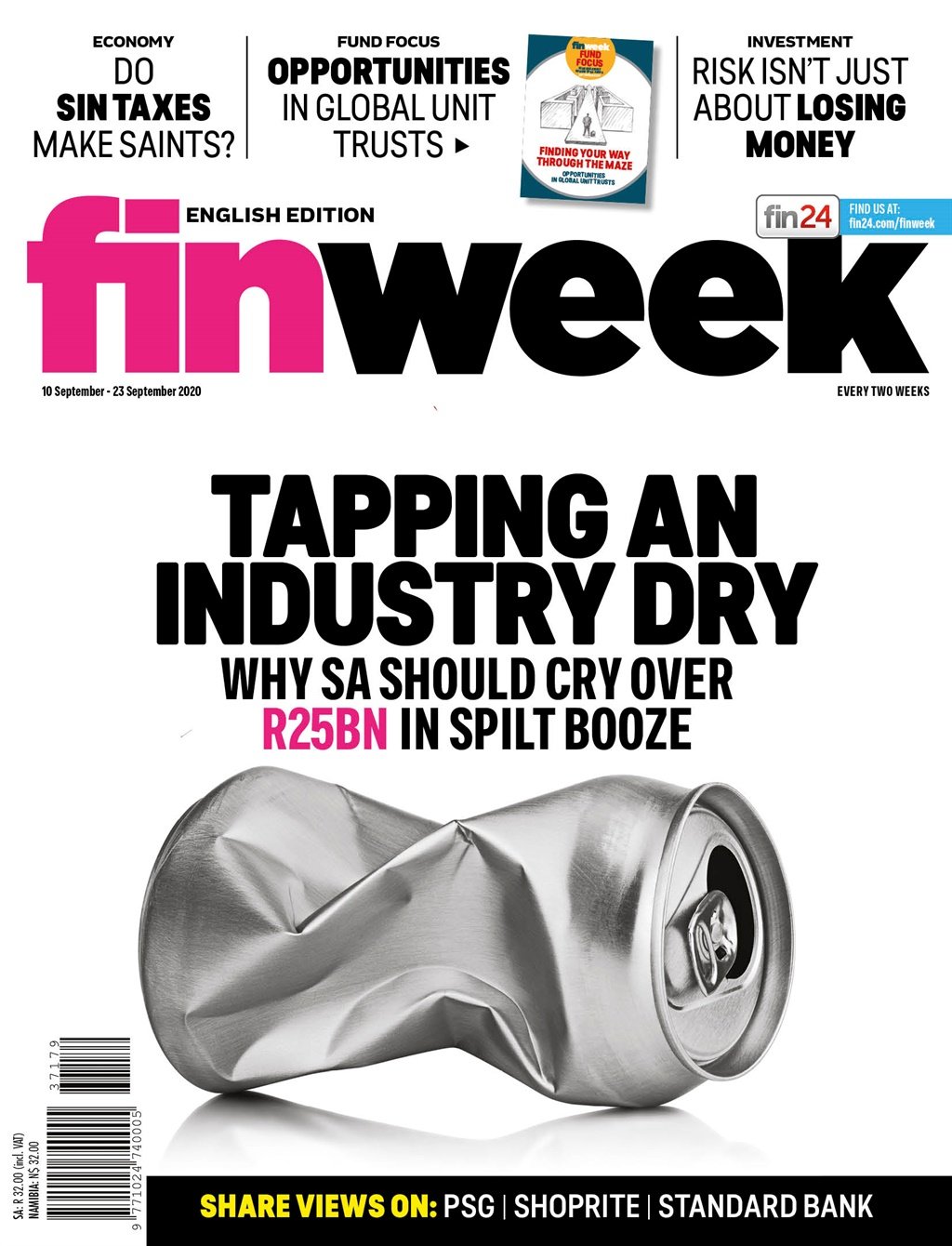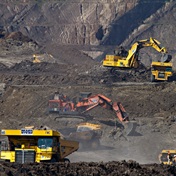
This time, however, it might be different.
Renewed record highs on the Nasdaq and S&P 500 have raised the spectre of a market bubble floundering on the reality of adverse economic conditions. US markets appear out of sync with the economic realities of a still highly active global pandemic, weak company earnings and subdued economic data – with even the US Federal Reserve (Fed) warning that more uncertainty lies ahead. All market losses have been recovered since March, and the Nasdaq has surged more than 25% since January.
Billionaire investor George Soros has been one of those warning of a bubble that could deflate soon, as with the dotcom bubble in 2000.
Asset managers caution that the US economic recovery might not be the desired V-shape as anticipated, but rather be in the form of a K-shaped recovery where some companies have rebounded while others are still in the doldrums. In contrast with the tech surge, average stocks on the S&P 500 are about 30% off their peaks, prompting some to rename the index the ‘S&P 5’ to reflect the unhealthy market dominance of the high- flying tech companies.
Data shows that the market concentration of tech stocks on the S&P 500 has been unprecedented in recent times. Twenty years ago, the value of the top five stocks in the index, weighted by market cap, stood at about $2tr, accounting for just under 5% of the index’s total market cap.
Apple hit a record market cap of $2tr on 19 August. As this was largely expected, the real story was probably the fact that Apple added another $130bn to its $2tr market cap only a few days later, a further rise comparable to the total asset value of Chinese technology group Huawei.
This is only the beginning, market pundits say.
The rollout of the new-generation iPhone 12 over the coming months indicates further upward momentum for Apple, with an eventual market cap of $3tr in sight. At a price-to-earnings (P/E) ratio of 37 times, Apple seems stretched, but not as much as Amazon, trading at a P/E of 140 times. Or Tesla at an astounding 1 000 times.
Talk of a market bubble, and an imminent correction, seems quite reasonable. But it would be dependent on some or other catalyst. In the dotcom bubble of 2000, tech companies ran out of cash before the run started. In 2008, it was higher interest rates that caused defaults among homeowners and so affected certain financial instruments negatively – mostly in the subprime discounted categories. It is unlikely that these two issues would cause a present tech bubble to burst. The big tech companies have much-improved cash piles these days. Apple sits at $200bn, Microsoft at $136bn, Alphabet with $120bn and Amazon with a more modest $40bn.
It is difficult to imagine that a bursting bubble would affect companies with huge cash resources negatively, especially when the Fed remains committed to its low interest rate policies, with rates now set to remain near or at zero for a considerable period of time. What makes it also more unlikely is that fundamentals have seemingly been discarded. A high P/E is not seen as a deterrent to invest in a company anymore. Nor a seemingly overvalued market cap. Nor ever bigger market concentrations, with Facebook and Google now dominating the US advertising market with a market share of over 50%.
Normally this would attract competitors to enter the market. But the market dominance of the Big Five is so massive that any upcoming competitor soon faces a takeover offer. This has been the case with Facebook buying Instagram and WhatsApp, and Microsoft adding LinkedIn to its portfolio, among others.
Alarmingly, the forward P/E ratio for the S&P 500 over the next 12 months has risen to 28 times, the highest since the bursting of the dotcom bubble in 2000. But again, this has not put a damper on predictions that the market concentration in the index could increase even further soon.
Although it might be seductive to think that a correction might not happen, much in the same vein as the boom- bust cycles of the past having seemingly evaporated, an inflection point is likely to develop at some or other stage. But it is difficult to imagine what that could be.
The yield of the benchmark US 10-year Treasury has ticked above 0.7% from around 0.6% on the Fed’s new inflation-targeting stance. Safe-haven investing is still seemingly not at odds with risky tech stocks on equity markets. Even if bond yields should spike, it could affect those underperforming stocks on the S&P 500 more negatively than the big tech stocks.
Gold has risen above $2 000 an ounce but is still way off levels that would indicate concern about rising inflation or excessive unstable market conditions soon. Not even a black swan event, like this pandemic, had any major effect on the big tech companies. In fact, it benefitted them.
There is simply truly little to indicate that a tech bubble will deflate anytime soon.




 Publications
Publications
 Partners
Partners












